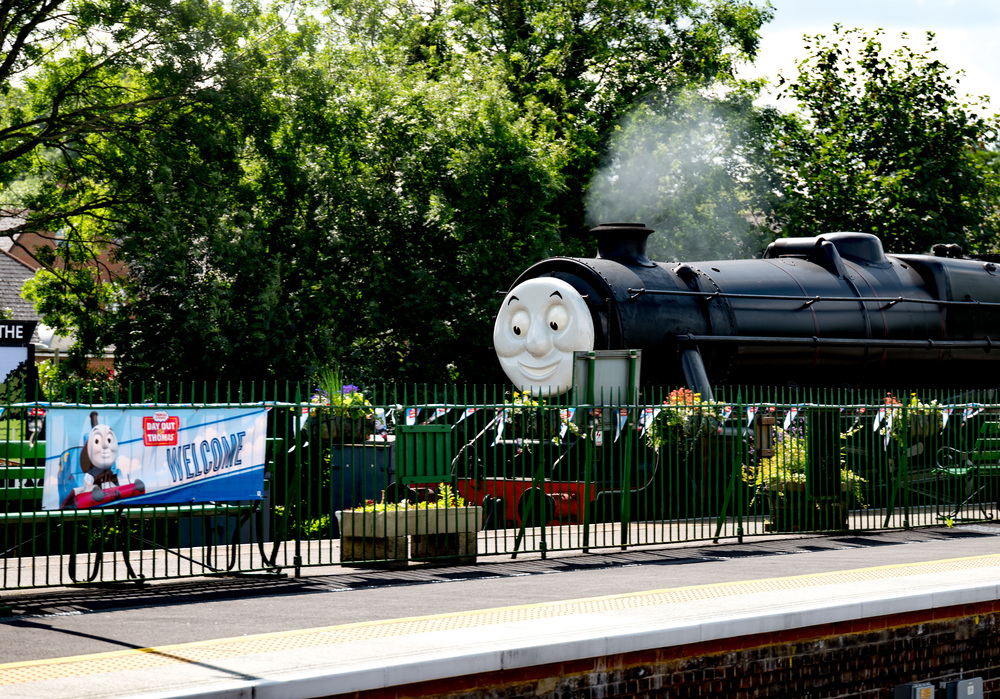
A day of reflection. My friend Ralf Meier, he of Trainphilos.com, was over from Washington DC and what’s more natural than to seek out a heritage railway neither of us had visited before? That’s a tall order, because we’ve done most of ’em, but the Watercress Line from Alton to Alresford in Hampshire fitted the bill. Despite being close to London, we hadn’t sampled it before. The watercress moniker comes from the fact that the line was used in Victorian days to transport watercress from the local farms to London.
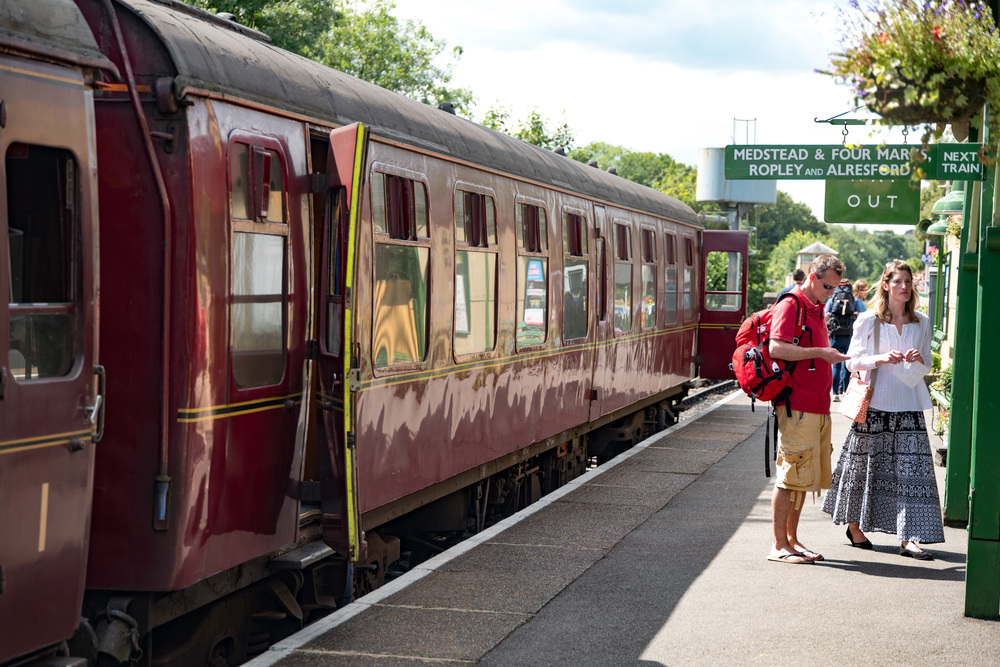
Only snag was that Monday this week was Thomas the Tank Engine day. Combine that with school holidays and the outcome is predictable. I have never seen so many kids in one place. I wish I had remembered to bring my earplugs or those nifty Bose noise-cancelling in-ear phones.
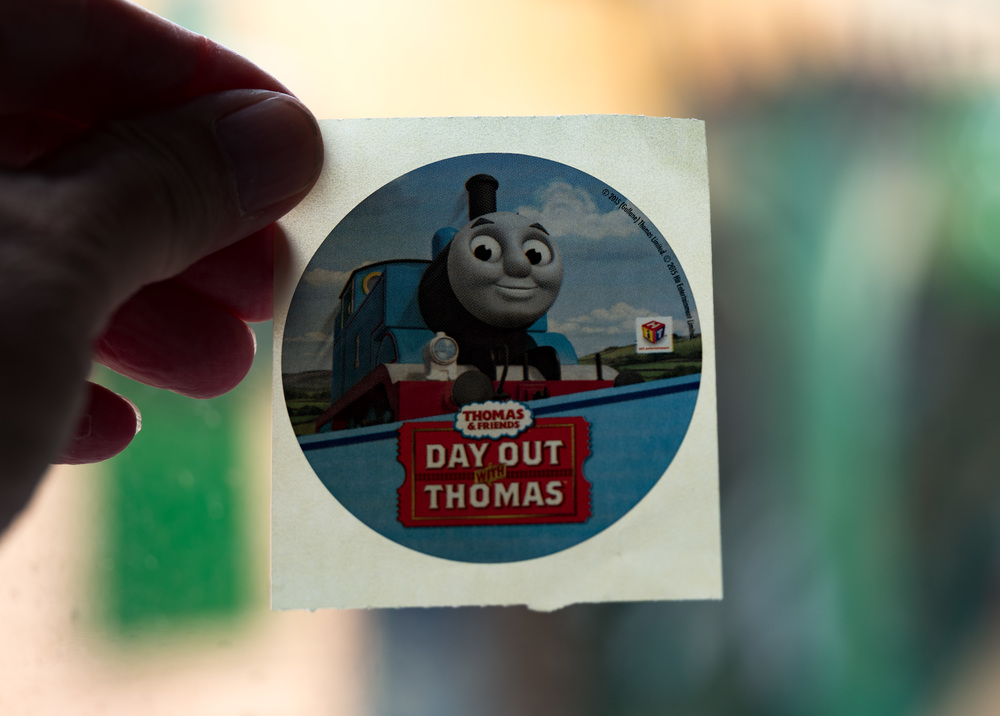
As it turned out, the Mid-Hants Railway was something of a disappointment, nowhere near as entertaining as, say, the Bluebell Railway in Sussex or the North Yorkshire Railway between Pickering and Whitby. The scenery was bland, the organisation was overstretched resulting in long delays at intermediate stations and the rolling stock was surprisingly dilapidated.
We excruciated our way through the screaming kids, visited the station cafe at Alresford and winced at the Thomas trivia. But we did manage to grab a few photographs.
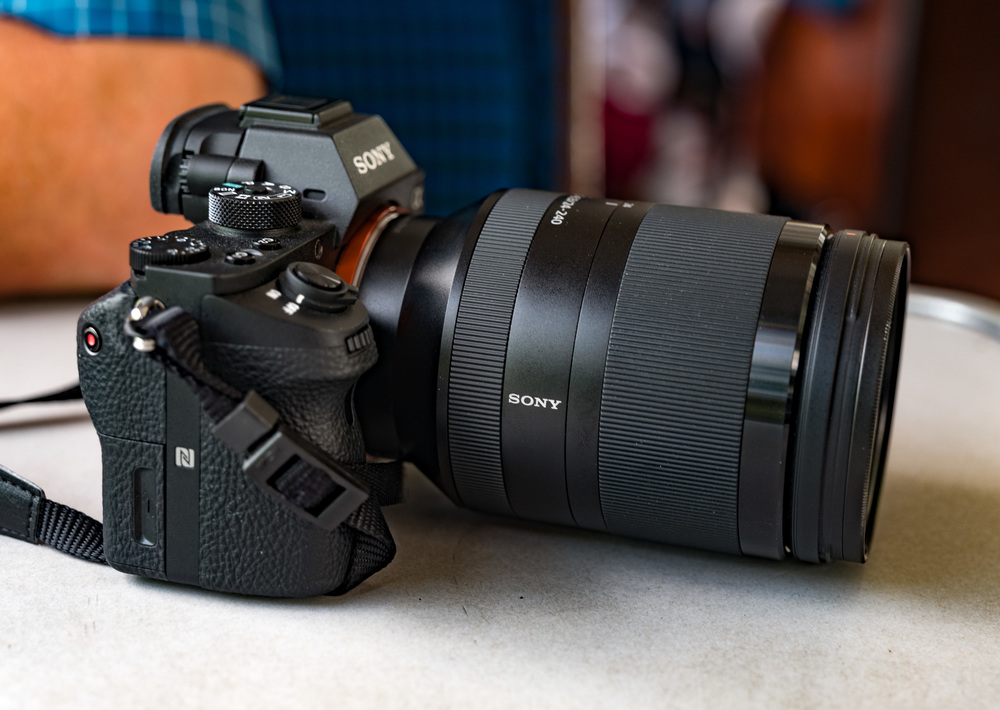
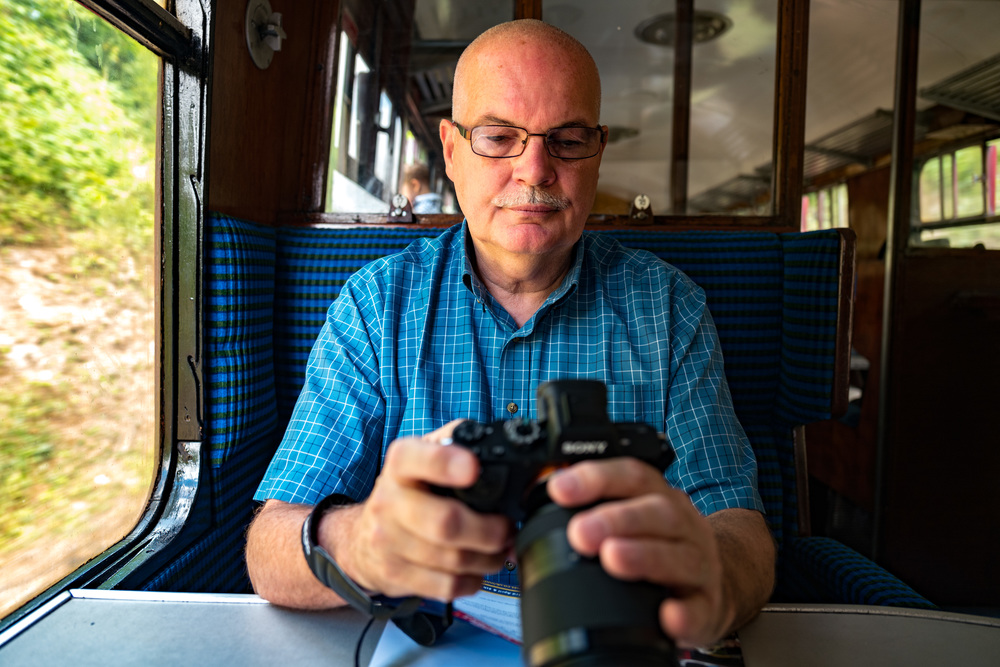
I took along the Leica SL with the substantial but eminently crisp 24-90mm Vario Elmarit. Ralf, a convert to the Sony full-frame cameras, had his A7r Mark II and the visually impressive 24-240 zoom. I was surprised that this zoom, despite its wide capabilities, is a lot smaller and lighter even than the 24-90 SL lens. It’s all down to build quality, excellence of the optics and, primarily, aperture. The Sony lens is relatively slow at f/3.5-6.3 (the same sort of slowness for which the Leica X Vario was soundly criticised). The Leica SL lens, on the other hand, offers a faster f/2.8-4 range and this means more and heavier glass and greater challenges in design.
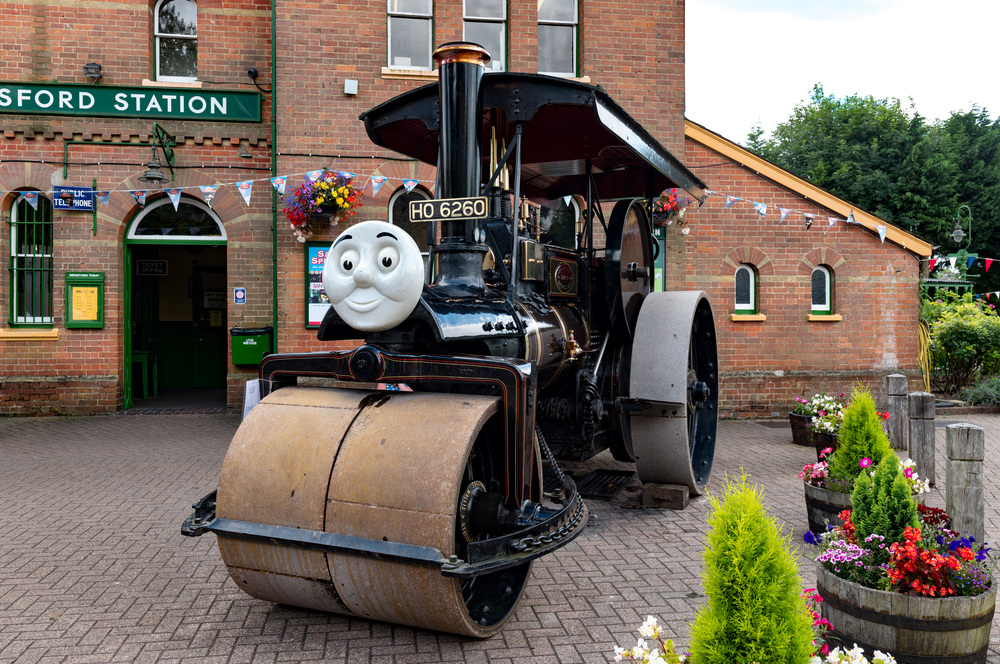
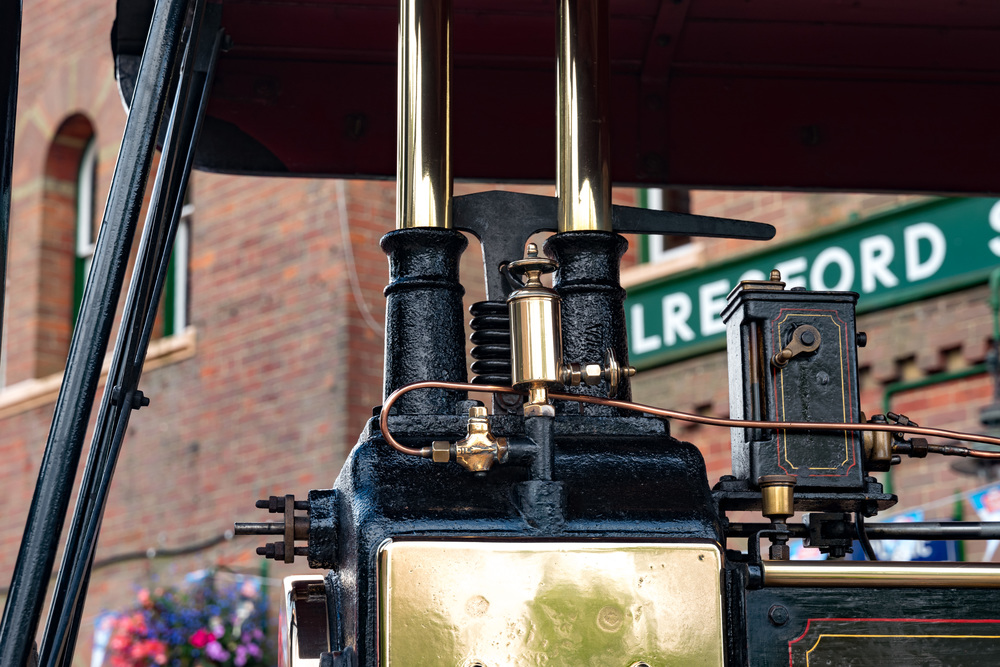
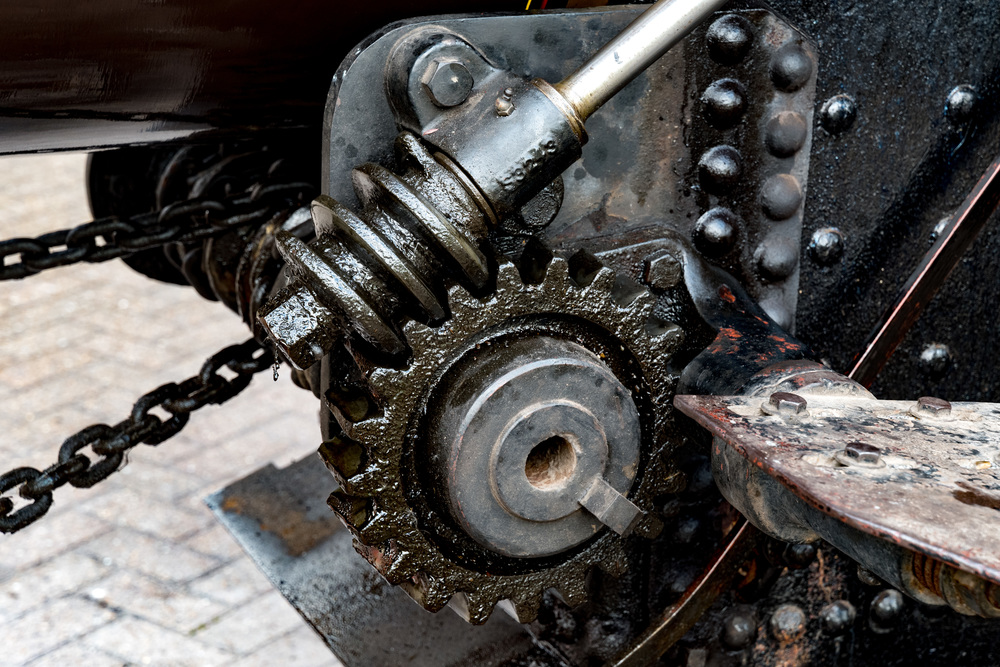
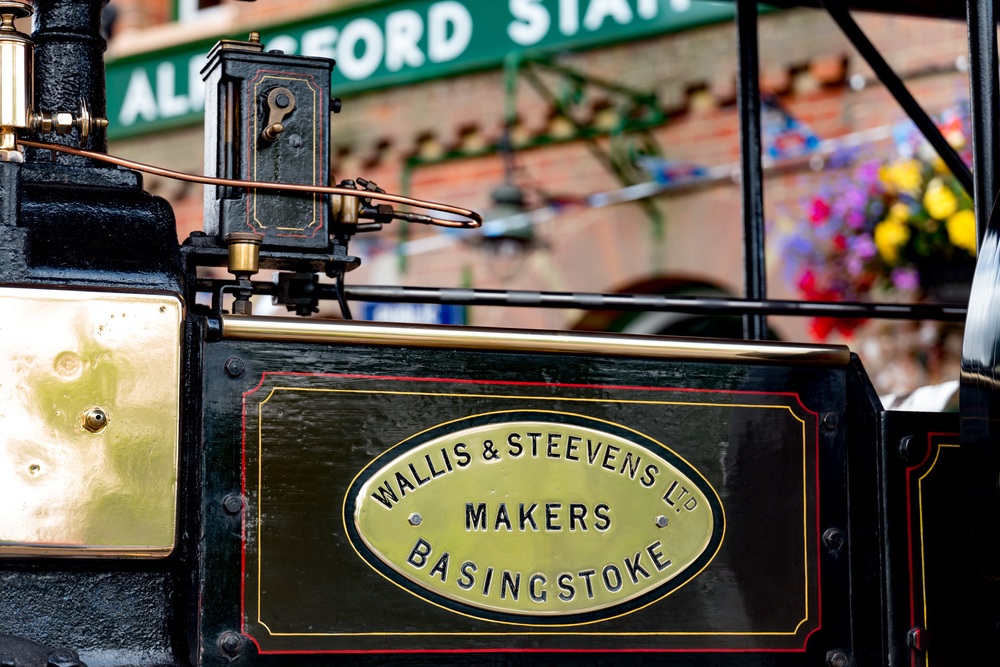
The Sony rig remains an impressive exercise in miniaturisation, tipping the scales at a lightweight 1,500 grams compared with the Leica’s portly 2,200 grams. And, remember, the Sony lens offers a much wider range of focal lengths. However, the Sony 24-240 is a consumer-orientated lens while the Leica’s heavier and larger 24-90 is a pro confection, capable of superlative results.
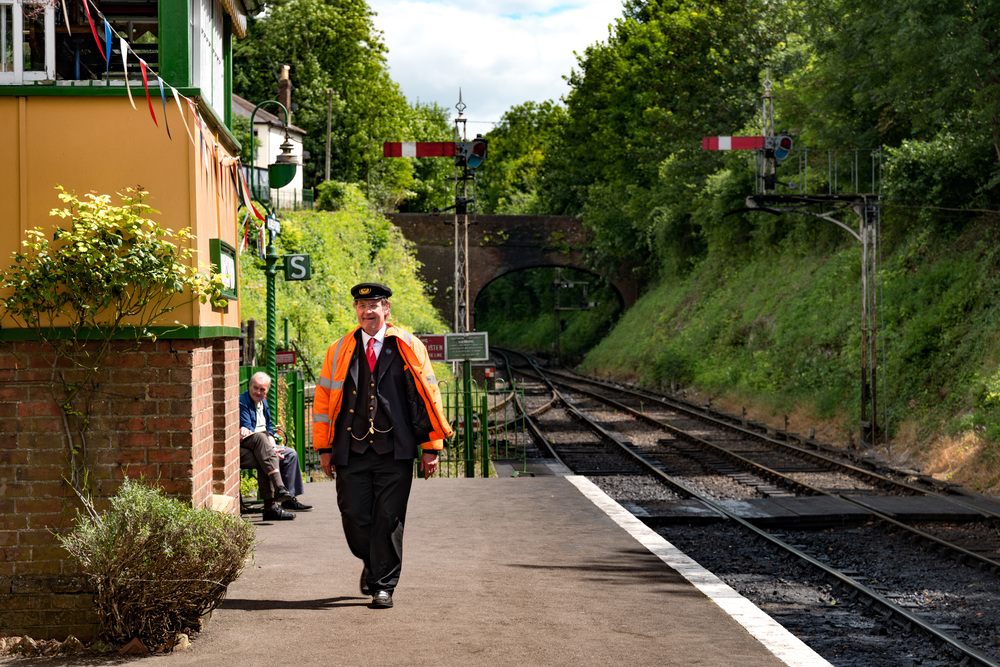
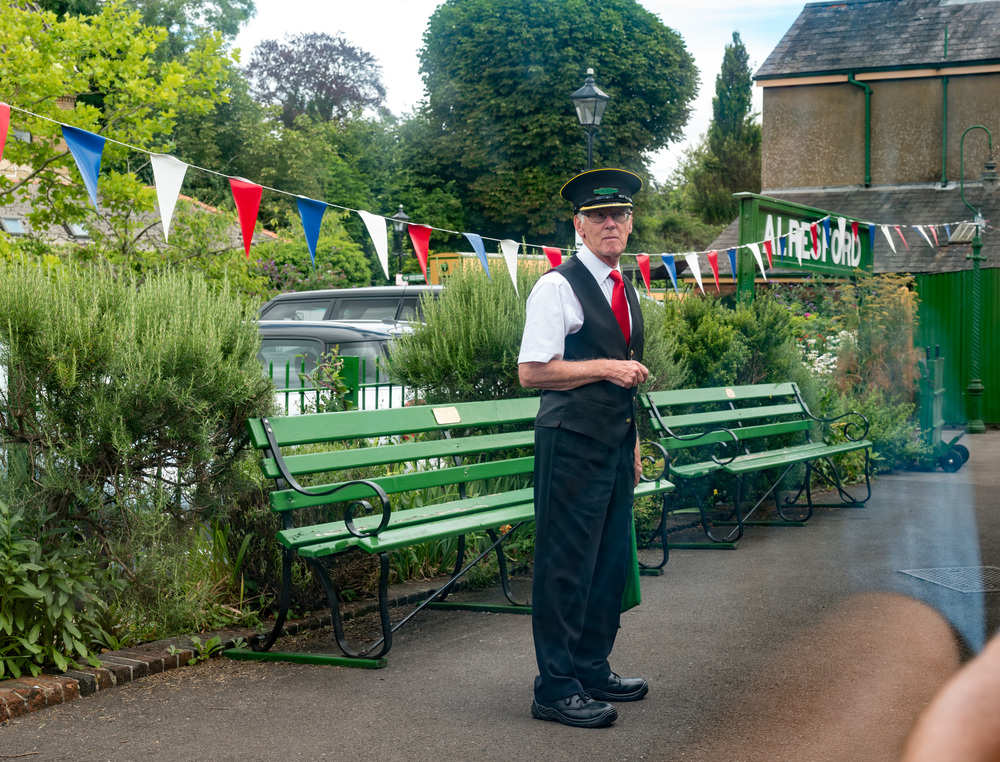
During the day I had a play with the Sony. It’s a relatively light camera when combined with the huge crop of focal lengths offered by this lens and it certainly feels good in the hands. However, the build quality, good as it is, cannot compare with that of the SL. The SL is one solid piece of kit and, with the superb grip and Thumbs Up it moulds to the hands. It is a more responsive beast and I found it more satisfying to use than the Sony.
![This is either the station master (waiting for The Queen to arrive) or Sir Winston Churchill. We have seen this character at various period re-enactment days, including the Brooklands Military Day, where he adopts the persona of WSC. [Postscript: Ever vigilant reader Stephen Jenner points out that this chap is indeed The Fat Controller ]](https://www.macfilos.com/wp-content/uploads/2016/08/5c531b66e27eb_img.jpg)
All this said, the Sony is a cheaper alternative and acquits itself really well. With more megapixels, larger, possibly more malleable files, this is a camera that is difficult to argue against it.
All pictures in this article taken with the Leica SL and 24-90 Vario-Elmarit
_______________
- Subscribe to Macfilos for free updates on articles as they are published. Read more here
- Want to make a comment on this article but having problems? Please read this

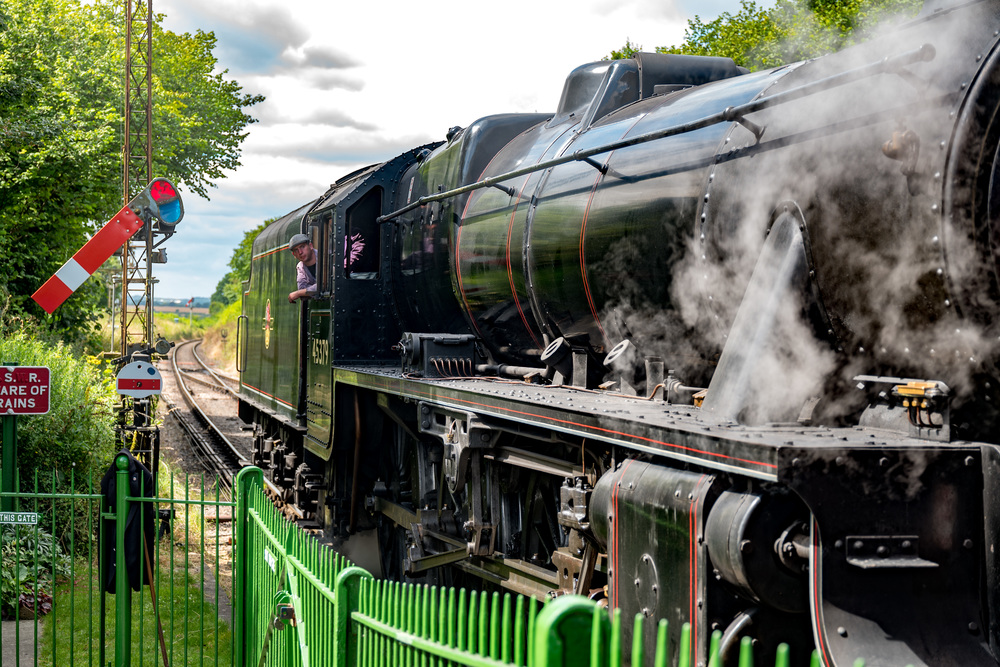
The man in the ‘topper’ is none other than "The Fat Controller" Mike!
You clearly have not read your Awdry.
Stephen J